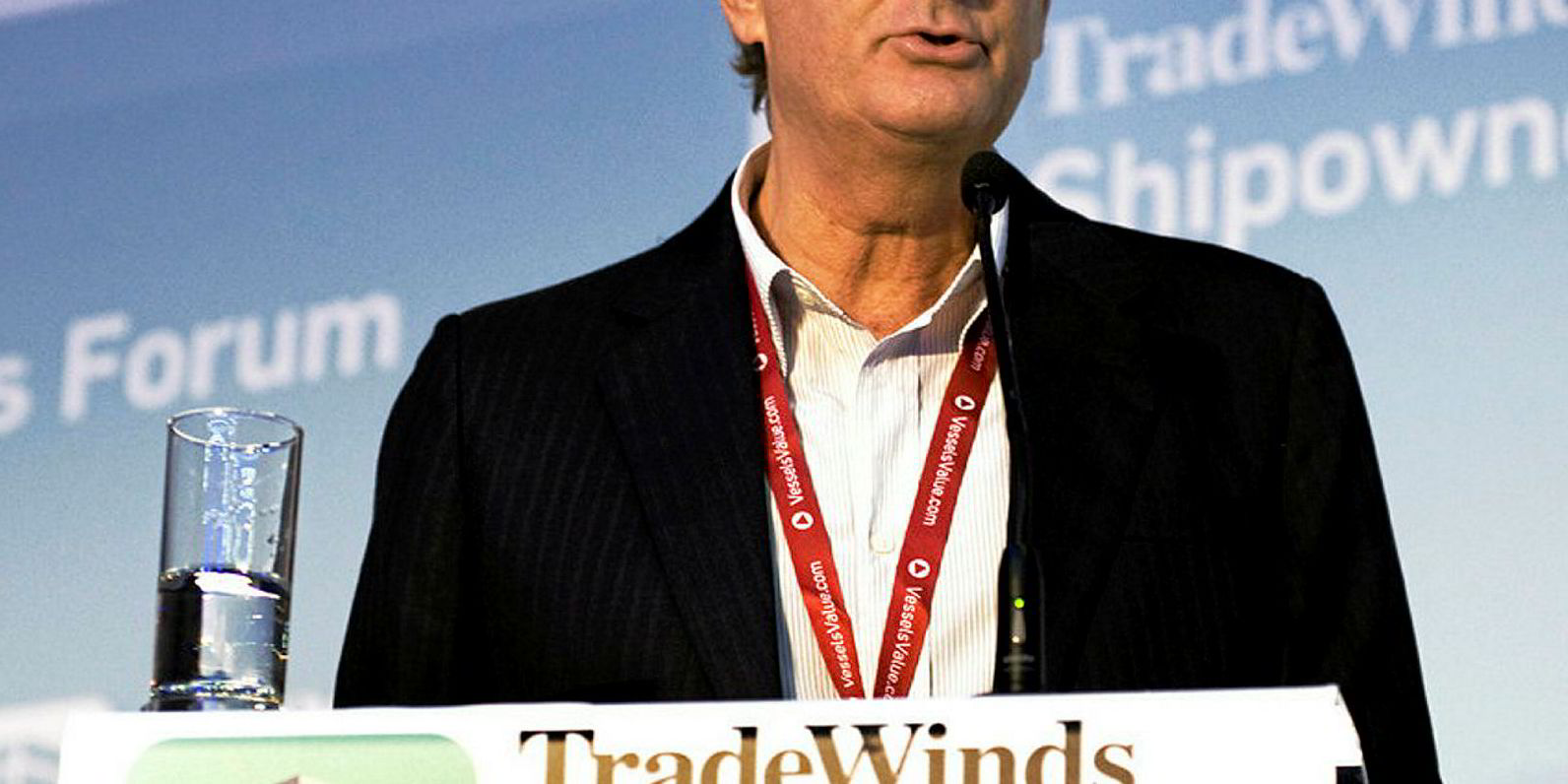Dutch owner Seatrade Group has set an interesting precedent for owners after winning an appeal for demurrage payments arising from one of its reefers being stuck in port due to infrastructure damage.
The case hinged on whether charter warranty terms guaranteed both free entry and exit to and from a berth, and has surprised many observers, according to demurrage financing company C Demurrage.
Seatrade was contesting a London arbitration award last year in favour of charterer Hakan Agro, which had booked the 512,361-cbf Aconcagua Bay (built 1992) for a trip from the US Gulf to the Republic of Congo and Angola.
While the vessel was loading, a bridge and lock were damaged.
As a result the reefer was unable to use a channel so as to be able to leave the berth until 14 days after it had completed loading.
The owner claimed damages for detention from the charterer for the period of delay.
UK high court judge Justice Robin Knowles said the question of law was whether the warranty in a voyage charterparty that a berth is "always accessible" means that the vessel is always able not only to enter but also to leave the berth.
Entry only?
Arbitration umpire Ian Kinnell QC found that a warranty in those terms referred to entry and not to departure.
Knowles referred back to an award in 1997 in London when the term "always accessible" was found not to extend to leaving the berth.
But this was before the Baltic Code 2003 specified that "where the charterer undertakes the berth will be 'always accessible', he additionally undertakes that the vessel will be able to depart safely from the berth without delay or at any time during or on completion of loading or discharge".
Dictionary definitions were used to aid the case and Knowles pointed to a meaning of access that includes "use" .
"This is material because 'use' is a word that can readily include departure. Of course that is not conclusive, but it suggests that a dictionary cannot resolve the point of interpretation," he added.
The charterparty included the term "always afloat always accessible".
Knowles said: "'Always afloat' refers (as the charterers accepted) to the duration of the period alongside or in berth. 'Always accessible' refers at least to entry into that berth. So the question is then whether the parties really intended to omit departure from berth."
The charterer argued that a berth is a nominated destination that the charterer knows will be used for one vessel, once, and for one purpose.
It added that the term "always accessible" is used in a warranty that concerns the charterer's requirements of the owner as to where the vessel should come and what it should do.
The risk allocation that the parties intend should not be assumed to be the same for entry as for departure, the charterer's argument continued.
Owner's risk?
The loading voyage stage, to be succeeded by the stage that is the loading operation, calls for acts of performance by the owner alone, Hakan Agro said.
The risk of delay would therefore fall on the owner.
But Knowles said: "Where commercial parties have addressed the question of the accessibility of a berth, I can see no basis for a conclusion that they should be taken to have addressed entry alone.
"The submission...for the owners that the reasonable commercial party looking at the subject of berthing would bear all aspects in mind and not confine itself to getting into the berth, is to my mind decisive.
"The issue remains whether...the umpire was correct in law. In my respectful view he was not."
Commenting on the case, C Demurrage said: "The vital thing is what the parties intended by their wording, and they should always first consider what they want and then set about choosing the words to achieve that.
"This decision has come as a surprise to many, and it is a reminder now to carefully re-examine an issue that may have become dormant, perhaps considered long settled, or even thought not to arise.
"These matters are already causing pre-fixture queries, as parties review spot wording or consider what might be longstanding 'last-done' terms, especially amid options on calls at ports where difficulties have occurred or might be expected."





